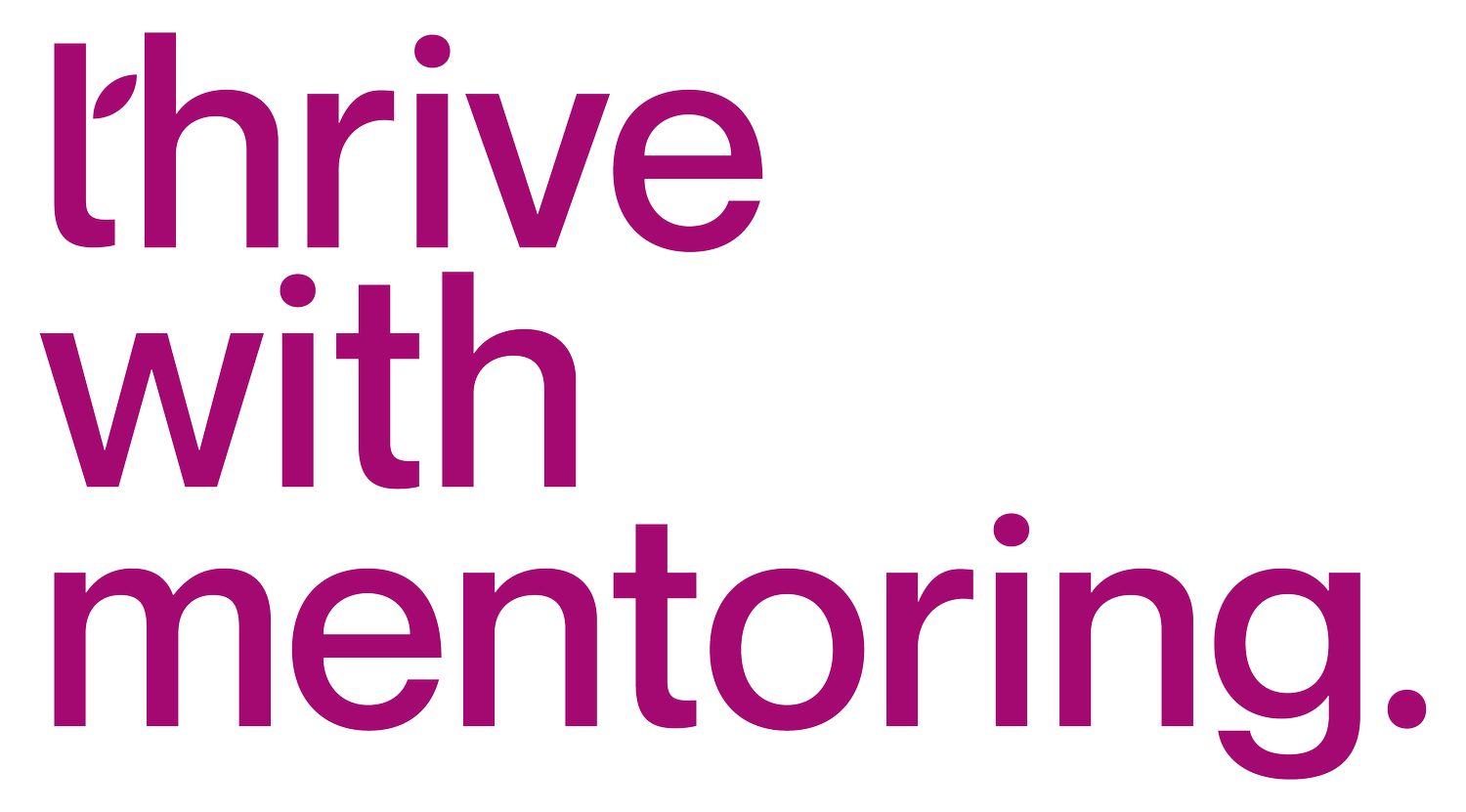The Role of Feedback in Effective Mentorship
Feedback is the cornerstone of effective mentorship. It not only helps mentees understand their strengths and areas for improvement but also encourages a continual learning process that is crucial for professional development. Similarly, mentors gain insights into their mentoring style and effectiveness, allowing them to adjust their approach to better support their mentees. This blog explores the significance of feedback within mentorship relationships, offering techniques for delivering constructive feedback and strategies for fostering an environment conducive to open and honest communication.
Understanding the Importance of Feedback
In the context of mentorship, feedback is a tool for growth and development. It provides a roadmap for mentees to follow as they navigate their career paths, helping them identify the most effective strategies for professional advancement. For mentors, feedback from mentees can highlight successes in their guidance and areas where they might improve their approach, ensuring that the relationship remains mutually beneficial.
Techniques for Providing Constructive Feedback
Be Specific and Objective: Feedback should be clear and based on observable actions or behaviors. Avoid vague comments and focus on specific instances. For example, instead of saying "You need to improve your presentation skills," a mentor could say, "During your last presentation, you spoke very quickly which made it difficult to follow. Slowing down could help in delivering your points more clearly."
Focus on the Positive and the Constructive: Effective feedback involves a balance between positive reinforcement and constructive criticism. This is often best achieved through the "sandwich" technique: starting with a positive comment, followed by constructive feedback, and concluding with another positive note. This method helps keep the mentee motivated while still addressing areas of improvement.
Encourage a Two-Way Dialogue: Feedback should not be a one-way street. Mentors should encourage mentees to express their thoughts and feelings about the feedback provided. This dialogue can help clarify misunderstandings and refine the development plan to better suit the mentee's needs.
Creating an Environment for Open Communication
Establish Trust: Trust is fundamental in any mentorship relationship. Both parties should feel confident that they can share openly without fear of negative repercussions. Building trust takes time and involves consistent, reliable actions from both the mentor and the mentee.
Set Clear Expectations: At the beginning of the mentorship, both parties should agree on how feedback will be given and received. Discussing when and how feedback will be provided helps prepare the mentee and sets a routine that facilitates regular communication.
Practice Active Listening: Active listening involves paying full attention to the speaker, understanding their message, responding thoughtfully, and remembering the discussion. This practice is crucial for mentors as it shows respect for the mentee's viewpoints and encourages them to share more openly.
Benefits of Implementing Feedback
The implementation of effective feedback mechanisms in mentorship programs brings numerous benefits:
Enhanced Learning: Feedback provides direct insights into what actions or behaviors are working and which are not. This helps mentees learn more effectively and apply their new knowledge more confidently.
Increased Motivation: When mentees see that their efforts are noticed and that they are on the right path, their motivation to continue working hard and striving for excellence increases.
Stronger Relationships: Regular, constructive feedback helps build stronger relationships that are based on mutual respect and a genuine interest in mutual growth.
Personal and Professional Growth: For mentors, the process of providing feedback refines their leadership skills, enhances their communication abilities, and provides a sense of fulfillment as they see their mentees succeed.
Feedback is a powerful tool in the mentorship process, offering essential guidance for mentees and valuable insights for mentors. By mastering the art of giving and receiving feedback, both mentors and mentees can develop a more productive and rewarding mentorship experience that leads to significant personal and professional development.
